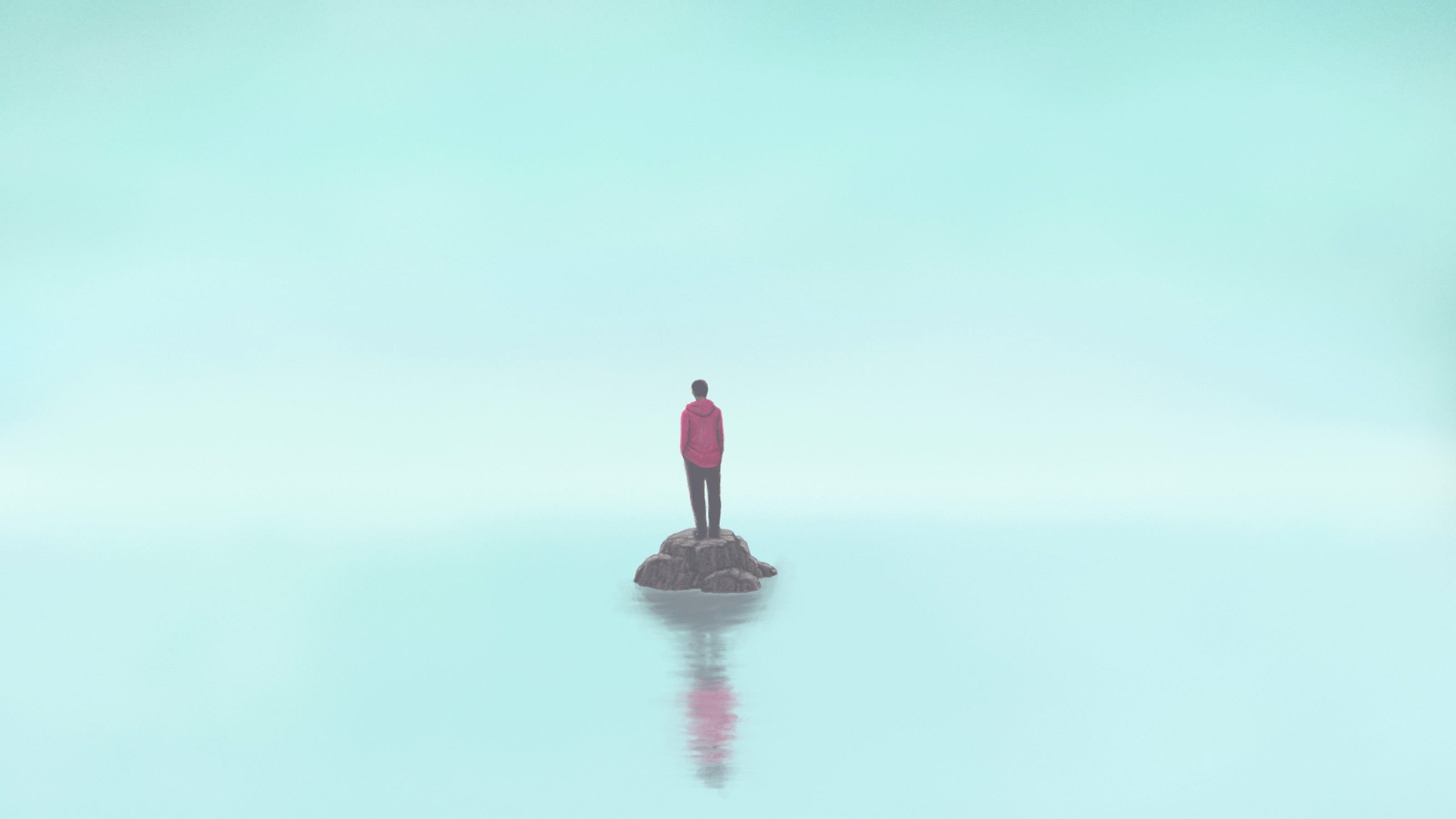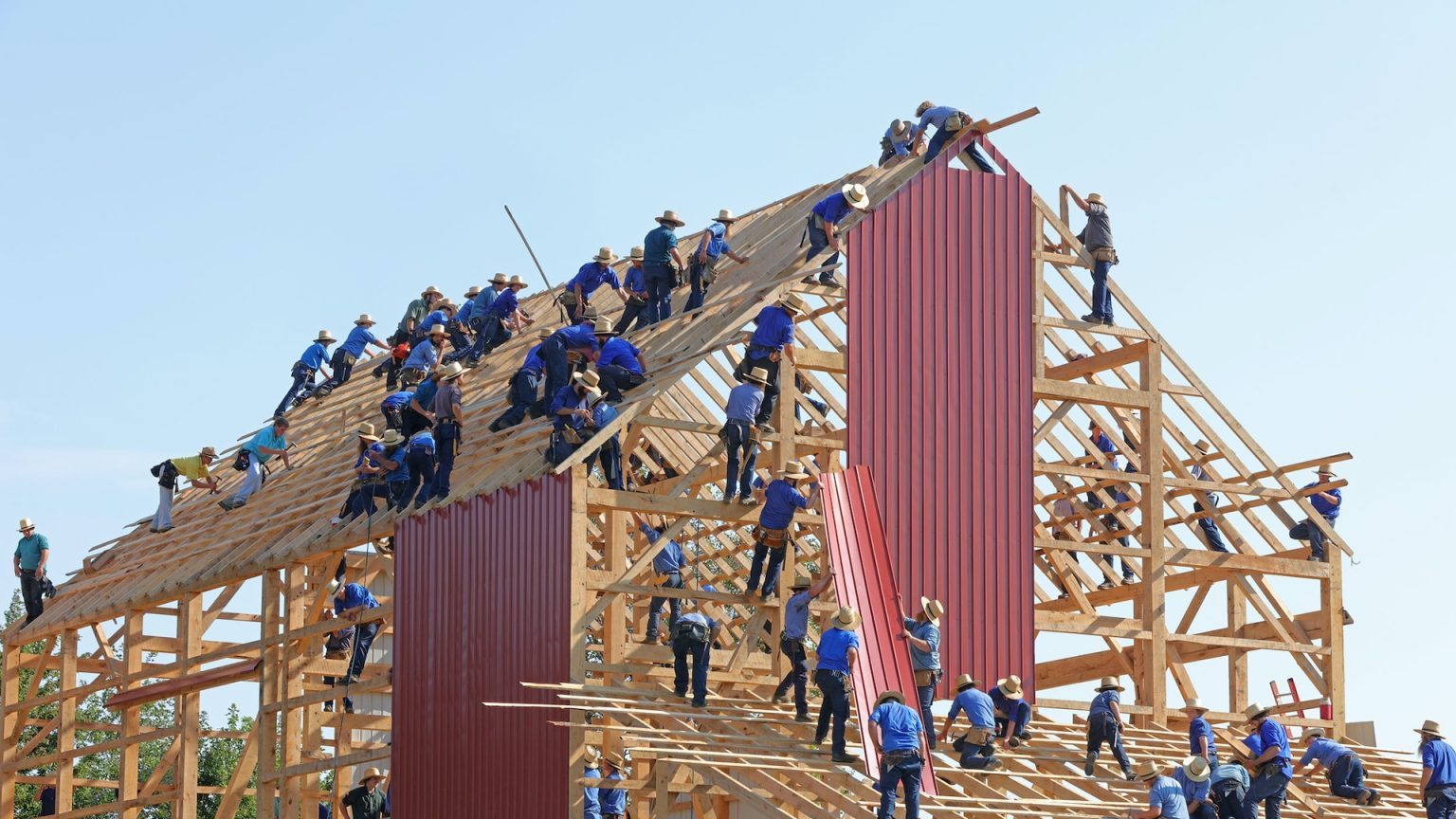We’re More Connected Than We Think

Other cultures may value conformity, but Americans are rugged individualists. For better or for worse, we think and choose for ourselves—from which indie band we listen to on the subway to which brand of candy bar we pick out at the supermarket to whether we give change to the homeless guy down the block. Right? Well, maybe not. Emerging social science research suggests that our smallest actions are far more susceptible than previously suspected to trends passing through our social networks. Here to reveal the power of your friend’s friend’s friend is Harvard sociologist Nicholas Christakis, in today’s Big Think interview.
Christakis (co-author of “Connected: The Surprising Power of Our Social Networks and How They Shape Our Lives”) isn’t here to flatter us—he compares the human “superorganism” to fungi—but he does bring some good news. Since the social networks we’re part of “magnify whatever [effects] they’re seeded with,” positive or negative, understanding them better can inspire new ways to benefit from them. For example, if you’re a startup business building a network of relationships from scratch, he suggests that you can optimize it by partnering with an even mix of similar and dissimilar companies, such that the network that forms is neither too rigid nor too diffuse.




